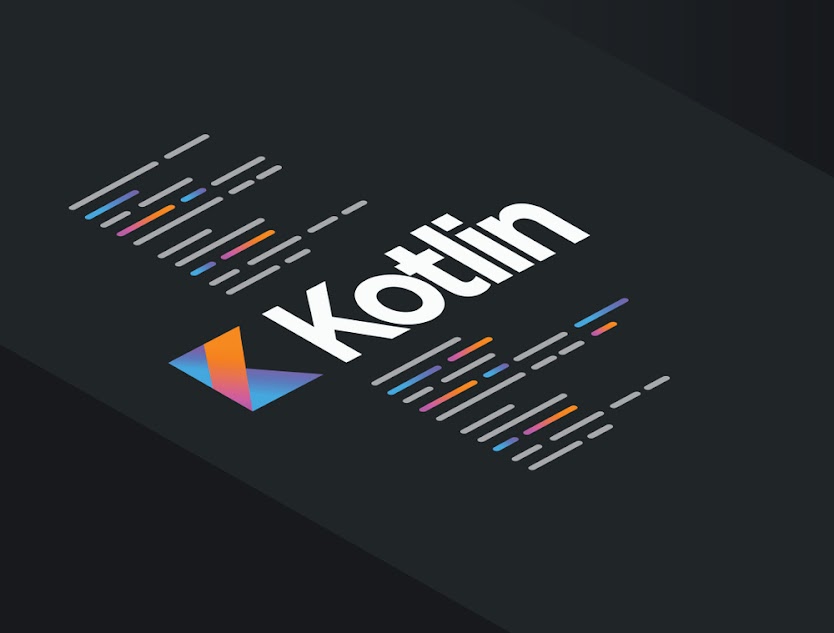How Long Should You Stay in a Job?
There has been a rise in the frequency of job hopping in recent years. Employees regularly change employment due to the abundance of options and the dynamic nature of the job market. When is the right time to look for a new job? It's crucial to carefully consider the repercussions of quitting your work before making a final decision. In this post, we'll discuss how to decide how long to stay in a job, the benefits and drawbacks of switching employment, questions to ask yourself before making a decision, and strategies for justifying a short tenure.
When considering your career path, how long should you commit to a single employer?
The proper length of time to be employed is not universally agreed upon. While there is no hard and fast rule, there are some broad principles to follow. It's wise to give a job at least a year's worth of effort before thinking about switching to anything else. This is a great way to advance in your career, pick up new abilities, and prove your worth to a potential employer. After a year on the job, it's time to evaluate whether or not you're making progress toward your professional goals in your present position. Staying with the same employer for at least two years is recommended by certain professionals in order to show dedication and consistency to future employers.
Top 5 Benefits of a New Career
The decision to switch careers may bring about a number of positive outcomes. They consist of the following:
The potential for professional growth. The benefits of job hopping include the chance to increase your earnings, take on more responsibilities, and broaden your horizons.
The opportunity to try new things. Changing careers can be a great way to extend your horizons, since you'll be exposed to a whole new set of industries, work cultures, and people to network with.
Improved stability between job and personal life. When you change employment, you may be able to find a better work-life balance, such as a shorter commute, more flexible hours, or a more enjoyable workplace culture.
increased happiness at work A job move might do wonders for your sense of fulfillment and drive in the workplace if you're currently miserable in your current position.
Enhanced opportunities for financial gain. Switching employment can increase your earnings potential because many businesses pay more to attract new workers than they do to retain their current staff.
Reasons not to switch careers
Although a job change may be beneficial in certain ways, it is equally important to weigh the drawbacks. They consist of the following:
One's first step in a new beginning. Changing careers requires you to establish new connections, master unfamiliar processes, and win over a new set of superiors and coworkers.
Expenses without any corresponding gains. You might have to settle for less desirable alternatives when looking for work after leaving a position that offered desirable benefits like health insurance or retirement savings plans.
Volatility in the financial markets. When you switch employment, you could experience some temporary financial instability due to things like a drop in pay or a holdup in benefits.
Inadequate job stability. Leaving a secure career for one with more unknown future prospects is a risk that comes with job hopping.
Departure from the norm. Leaving a job you've been at for a while and are familiar with can be tough, especially if you have good relationships with your coworkers or appreciate your overall work environment.
Consider these 10 points before making a career change
Asking yourself these questions can help you decide whether or not a career change is in your best interests. Here are a few examples of such inquiries:
Is this position a good fit for my long-term goals, and will it help me get there?
Is my current position fulfilling me, and what, if anything, do I hope to change as I hunt for a new job?
To what extent am I able to maintain a healthy work-life balance at the moment, and how might that alter if I were to get a new job?
How will my income and benefits change when I start my new job?
When considering a new job, it's important to know if the company's culture is a suitable fit for you.
When thinking about your future with this company, what kind of opportunities do you see for promotion and growth?
How long is the commute, and how much will it affect my day-to-day life?
How do existing and past employees rate working for the new company, and what kind of feedback do they leave on review sites for prospective employees?
To what extent do the company's values and reputation coincide with my own, and what opportunities will I have to advance in my chosen field?
Do I feel ready to take on the challenges and unknowns of a new job?
By asking yourself these questions, you will be better equipped to determine whether or not a career change is in your best interest.
Tips on how to justify a brief employment period
If you decide to switch employment, you should be ready to justify your brief stint at each previous one. In order to accomplish this, consider the following four suggestions:
If you're going to lie, at least be honest. Be honest about your decision to leave your prior employer and explain why you made the change.
Think positively. Emphasize how your previous experience has prepared you for this next step in your career.
Give some evidence. To prove your qualifications, please include details on relevant projects or accomplishments from your prior position.
Prove your dedication. Give an account of your motivation for accepting the position and your plans to remain a loyal employee of the firm in the long run.
In conclusion, it's not always easy to know how long to stay at a job. Switching careers could be beneficial, but it's important to weigh the costs as well. Making a decision about whether to stay in your current role or pursue other opportunities requires asking yourself the proper questions and weighing the advantages and cons. Be ready to explain any gaps in employment to prospective employers by emphasizing the positive and demonstrating your dedication to the new role if you decide to make a career change.


Comments
Post a Comment